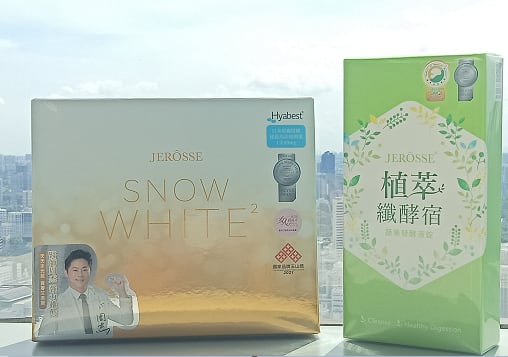Trans-resveratrol fermented by the genetically modified brewer’s yeast Saccharomyces cerevisiae EFSC4687 can be used in dietary supplements with a daily dosage limit of 150mg.
The raw material containing trans-resveratrol should have a purity level of 98 per cent and should not contain genetically modified microorganisms and its transgene since it needs to go through a series of purification processes.
Presence of heavy metal, such as lead and cadmium should be less than one ppm, while that of arsenic to be lower than 1.5ppm and mercury at less than 0.1ppm.
The decision is meant to provide a more effective and reasonable regulation of non-traditional food raw materials and safeguard consumer safety, said the Taiwan FDA, adding that the approval has come into effect on June 29.
Trans-resveratrol is a polyphenol found in grapes, wine, and peanuts. It is generally produced by isolating it from the extracts of red wine, grape skin, or from the plant Polygonum cuspidatum – commonly known as Japanese knotweed.
It has been formulated with ingredients such as nicotinamide mononucleotide (NMN), curcumin, biotin etc for supporting women’s health and also for supporting cellular energy production.
Due to its antioxidant activities, it could be useful in preventing neurodegeneration in Alzheimer’s disease, said a study published in Pharmacological Research in 2018.
A study conducted in China also claimed that elderly that consumed more resveratrol were less likely to suffer from hip fractures.
Products using trans-resveratrol as raw materials should be labelled with the warning statement “this product is only for adult consumption; pregnant and lactating individuals should avoid consumption; individuals taking medications should seek advice from doctors before consumption.”
Violators of the above rules will be fined between NTD$30,000 (US$965) and NTD$3,000,000 (US$96k).
The Taiwan authorities have been permitting various food raw materials fermented using genetically modified organisms.
Earlier this year, the Taiwan FDA has allowed the third genetically modified bacteria strain E. coli K-12 MG1655 INB000846 for fermenting human milk oligosaccharide 2-fucosyllactose (2’-FL).
The 2’-FL fermented from this strain could be used in infant formulas, complementary foods for toddlers, Foods for Special Medical Purposes (FSMP), and milk powder for kids below seven years old at a maximum dosage of 1.2 gram per litre.





